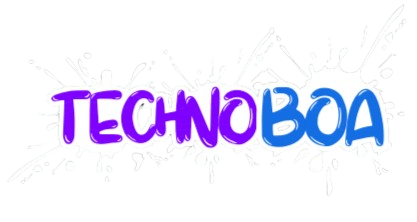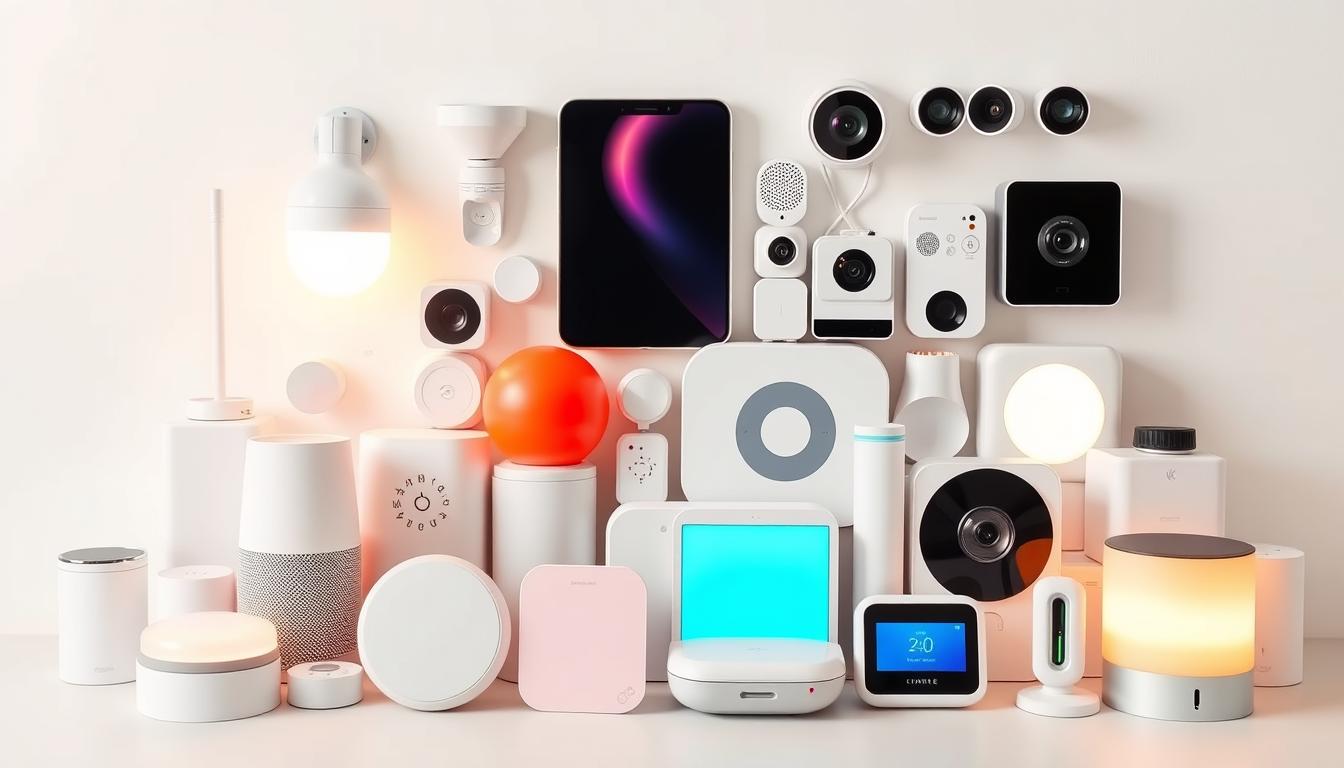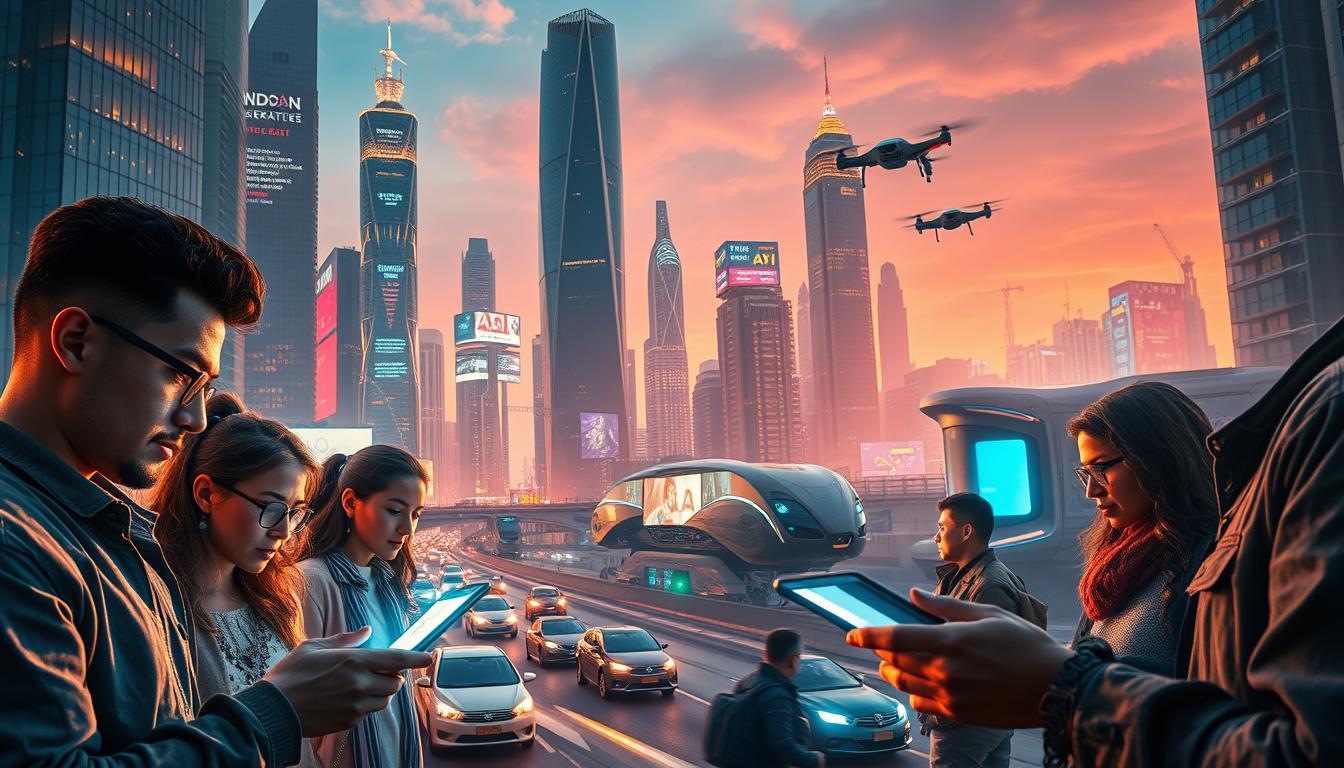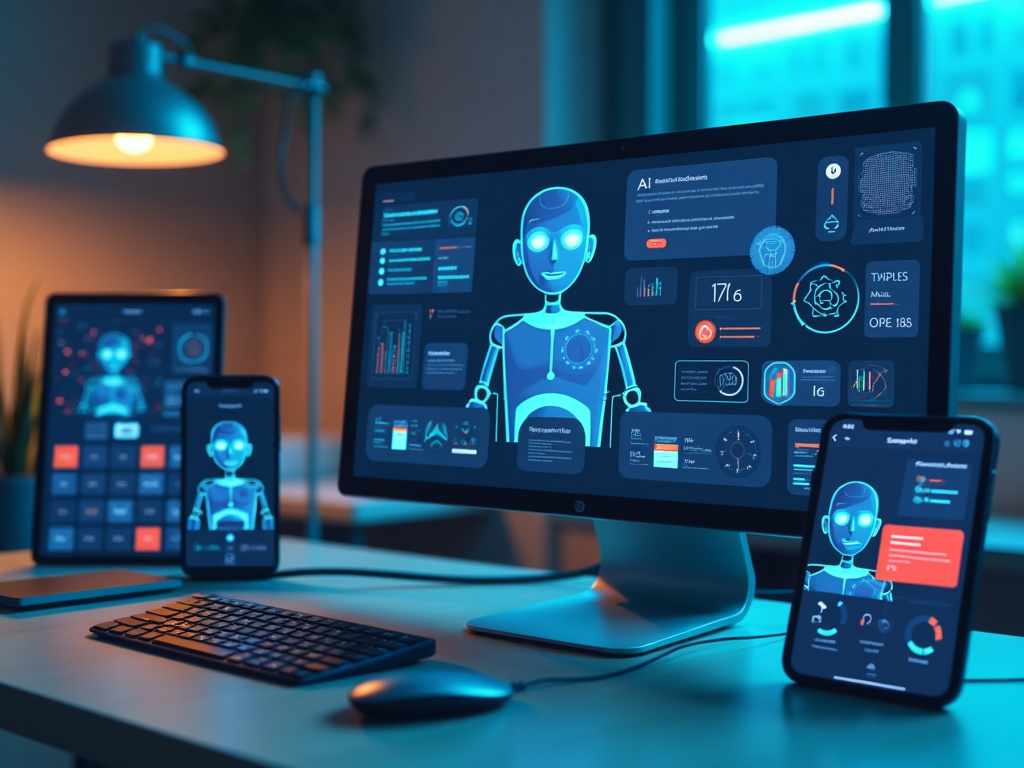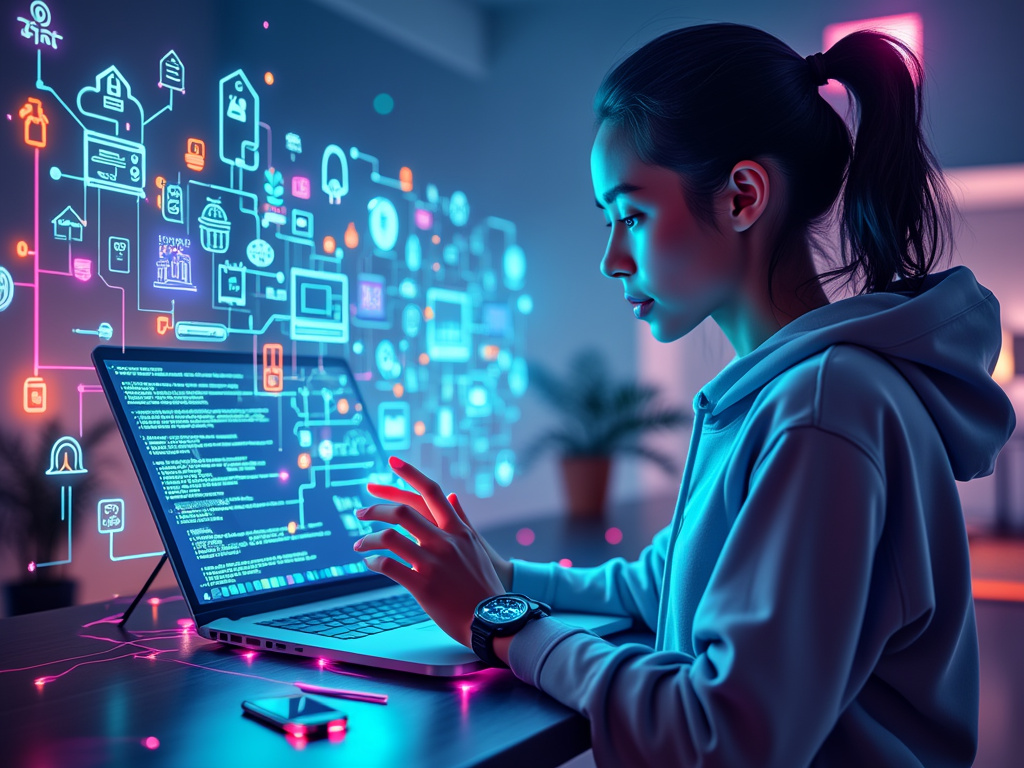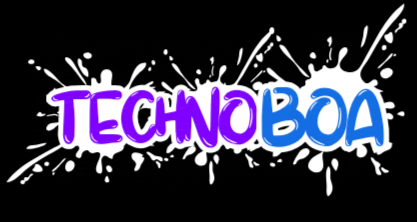It feels like every time I open my phone or read the news, there’s a new story about AI. From self-driving cars to virtual assistants like Alexa and Siri, AI is everywhere. But with all this hype, there’s one question that never seems to go away: Is AI dangerous?
It’s a fair question. Let’s break it down together.
So, What Exactly Is AI?
Okay, before we proceed further, let’s clear up what we actually mean by “AI.” When you hear the term, it can feel kind of intimidating—like something out of a sci-fi movie, right? But here’s the thing: AI is just a really smart tool. It’s computer software designed to handle tasks that usually require human intelligence. Think about your phone suggesting the best route home or your Netflix queue serving up the perfect show—it’s all AI.
In the simplest terms, AI can:
- Recognize patterns (like spotting your face in a photo),
- Learn over time (like when it gets better at beating you in chess),
- Make decisions (like when GPS tells you which way to go).
Sounds pretty cool, right? But don’t let the futuristic vibes fool you—AI is just a tool. And like any tool, it’s all about how we choose to use it.
So, Is AI Dangerous? Let’s Get Real
Now, here’s the million-dollar question: Is AI dangerous? Short answer? Not really. But it depends on how we handle it. Let’s bust a few myths.
AI Doesn’t Have Feelings or Intent
If you’ve ever worried about AI waking up one day and deciding to take over the world—rest easy. AI doesn’t have feelings, goals, or aspirations. It’s not sitting there, plotting your demise. Seriously, it’s not like Alexa is secretly planning a robot uprising.
In reality, AI just does what it’s programmed to do. It’s all about the data and code behind it, nothing more. So, the idea that AI might develop some kind of evil agenda? That’s pure science fiction. We’re not living in Terminator, people.
AI Is Just Another Tool
Think of AI like a hammer. It’s super useful when you need to build something, but it’s not going to build a house on its own. In the same way, AI is great for tasks like improving traffic systems or helping doctors catch diseases early. But like any tool, it can be used poorly if people aren’t careful. This is why there’s such a big push to regulate AI—to make sure it’s used ethically and responsibly.
AI Isn’t All-Powerful
Another big misconception is that AI can do everything. People hear about all the amazing things AI can do, and they start thinking it’s some kind of all-knowing, all-seeing oracle. Spoiler alert: it’s not.
Sure, AI is great at processing huge amounts of data quickly and recognizing patterns, but it’s only as good as the information it’s given. If the data is biased or flawed, guess what? The AI will be biased or flawed, too. It’s not perfect, and it still relies on humans to guide it.
What Should We Really Be Worried About?
When people think about the dangers of AI, they often picture scenes from sci-fi movies—robots taking over the world or machines becoming too smart for their own good. While these scenarios are far from reality, just because AI isn’t about to turn into Skynet doesn’t mean we shouldn’t think carefully about how we use it. There are real concerns that we need to address.
- Job Losses: One of the biggest fears is that AI will replace human jobs. Think of self-checkout machines or customer service bots. As AI gets better, some jobs might disappear, but it’s important to note that new jobs could also be created in tech and AI development.
- Bias in Decision-Making: AI systems learn from data, and if that data is biased, the AI can make unfair decisions. For example, if an AI system is used for hiring and it’s trained on biased data, it could unintentionally favor certain candidates over others.
- Privacy Issues: With AI comes an increased ability to collect and analyze personal data. If misused, this could lead to serious privacy concerns. No one wants their personal information used without permission!
- Autonomous Weapons: AI in warfare has raised concerns. There’s worry about AI systems controlling weapons without human intervention, which could lead to unintended consequences in conflict zones.
Wait! AI Isn’t All Bad
While it’s smart to be cautious, AI also brings a lot of positive changes to the world:
- Healthcare Advancements: AI is making waves in healthcare. From detecting diseases early to personalizing treatment plans, AI is helping doctors save lives. Imagine AI-powered robots assisting in complex surgeries or algorithms that can predict health issues before they become severe.
- Better Productivity: AI can handle repetitive tasks—think data entry or sorting emails—so that we humans can focus on more creative and meaningful work. It’s a tool to enhance what we already do, not replace us.
- Solving Global Problems: AI is being used to tackle some of the world’s biggest challenges, like climate change. From optimizing energy use to predicting natural disasters, AI can help make our planet a safer, more sustainable place to live.
- Everyday Convenience: From virtual assistants like Siri and Alexa to AI-powered recommendations on YouTube and Spotify, AI makes our lives more convenient. It helps us discover new things and save time.
So, What’s the conclusion? Is AI Dangerous?
The short answer is: it can be, but it doesn’t have to be. Like any powerful tool, AI’s impact depends on how we choose to use it. If we ensure that AI is developed responsibly—addressing ethical concerns, protecting privacy, and being mindful of its influence on jobs—we can harness its potential for good.
At the end, it’s about balance. AI is a tool that, when used thoughtfully and ethically, can improve our lives in amazing ways. But we must remain vigilant, ensuring that as it evolves, it does so in a way that benefits everyone. The future is in our hands!
